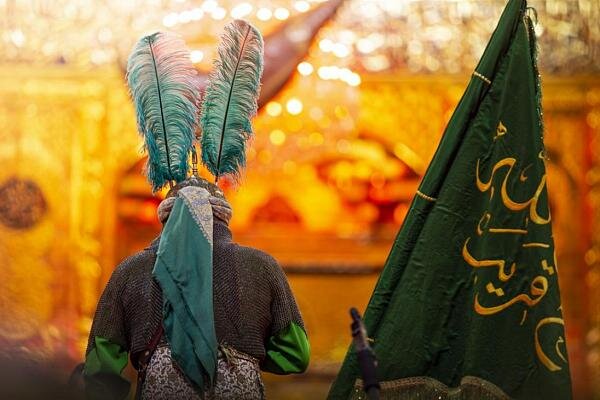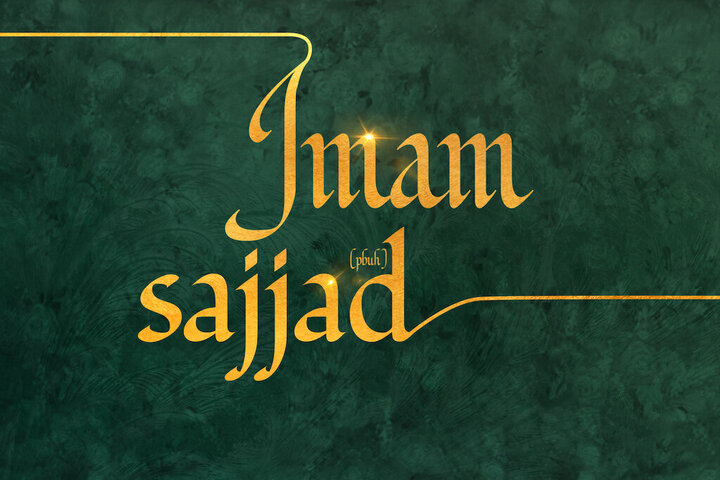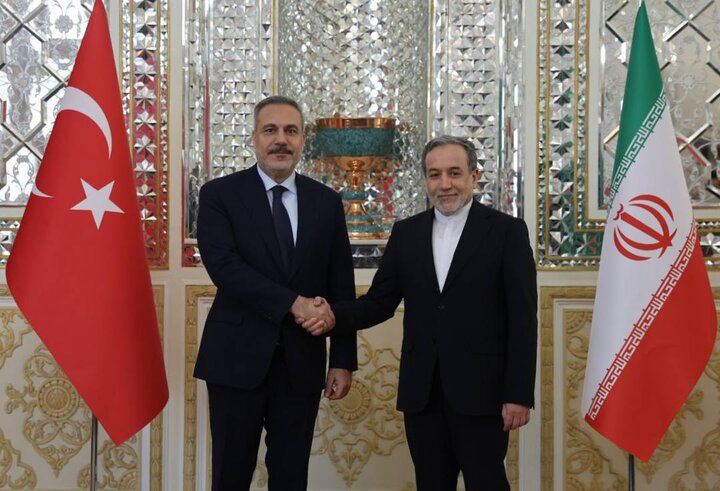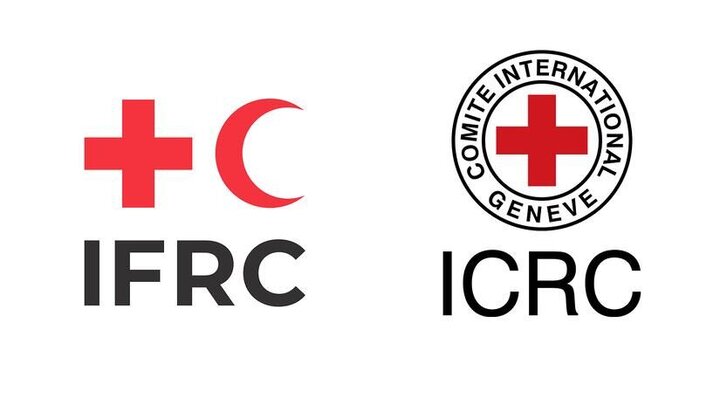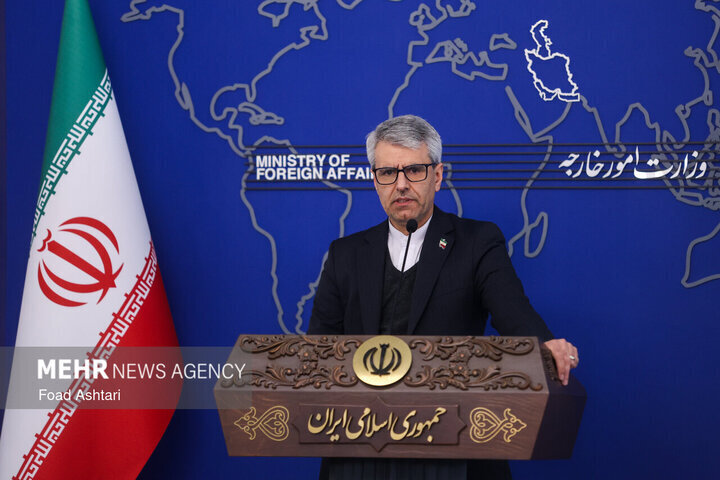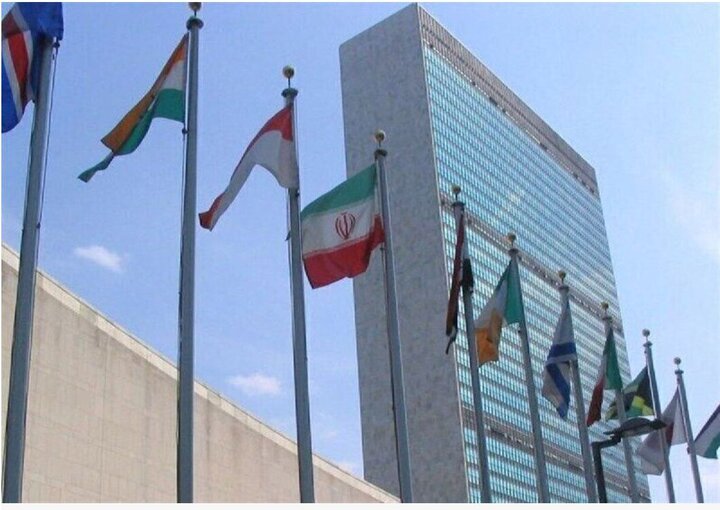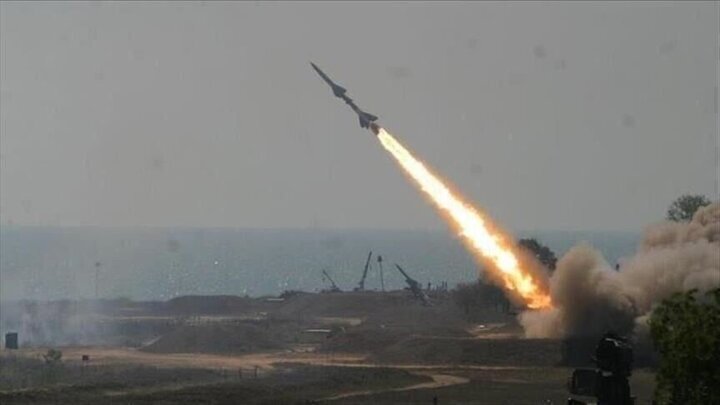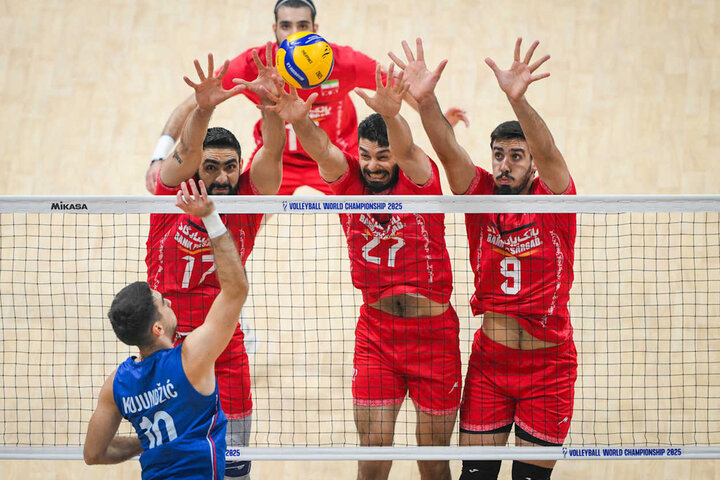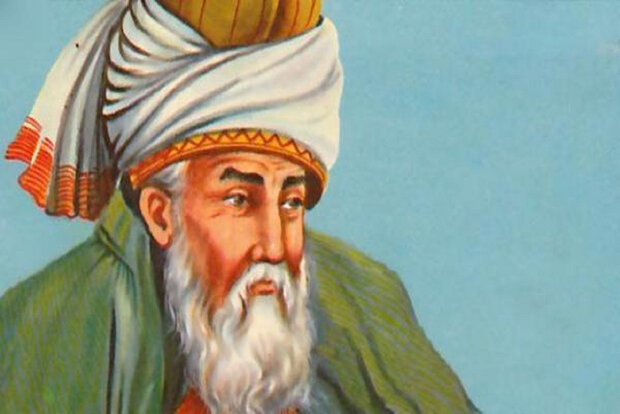
Mehr 8 in the Iranian calendar is considered a significant cultural event for Iranians to commemorate the prominent Iranian poet Jalal ad-Din Muhammad Rumi who needs no introduction when it comes to Persian poems.
Rumi was born to native Persian-speaking parents on the Eastern shores of the then Persian Empire on September 30, 1207, in the city of Balkh which is now part of Afghanistan, and finally settled in the town of Konya, in what is now Turkey.
Rumi undertook journeys to Syria, during one of which he met Shams.
He was deeply influenced by Shams during their second visit to Konya and for months, the two men constantly interacted, and as a result, Rumi neglected his disciples and family, who could not tolerate the close relationship.
Tradition holds that Shams taught Rumi in seclusion in Konya for a period of forty days, before disappearing.
Rumi and Shams stayed together for a short time, about 2 years in total, but the impact of their meeting left an everlasting impression on Rumi and his work.
After Shams was extinguished, Rumi fell into a deep state of grief and gradually out of that pain outpoured nearly 70,000 verses of poetry almost all in Persian that are collected in two epic books. These thousands of poems, which include about 2,000 in quatrains, are collected in two epic books. The first collection is devoted to his mentor Shams named, Divan-e Shams-e Tabrizi. It took him 15 years to complete this collection.
After the first collection, he devotes the last ten years of his life to creating Masnavi Ma’navi. A work filled with anecdotes, life lessons, moral stories, stories from all three Abrahamic religions, and popular topics of the day.
Rumi also had three prose works. The prose works are divided into The Discourses, The Letters, and the Seven Sermons.
There are many references to the verses of the Quran, the hadiths of the Prophet (PBUH) and Imam Ali (AS), and the stories of the prophets in his works, especially in the Masnavi, to the extent that no one can compete with him in this field.
This mastery is the result of a long and continuous study that undoubtedly started from a young age.
He passed away on 17 December 1273 in Konya. His demise was mourned by the diverse community of Konya.
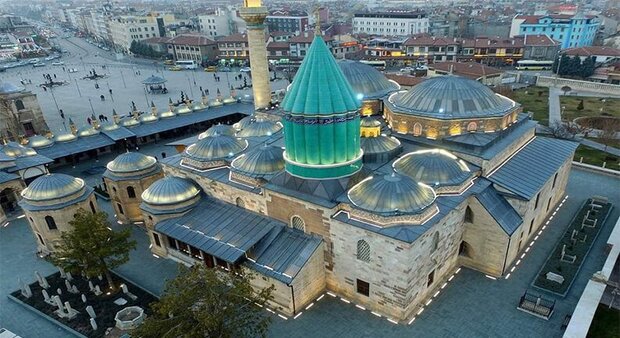
One night in 1247, Shams disappeared forever. This experience turned Rumi into a poet. The Divan of Shams is a true translation of his experiences into poetry.

Rumi in conference: Intl. confab of Shams, Mowlana
To commemorate Shams and Rumi in Iran, numerous events, including festivals, conferences, seminars, as well as webinars are held annually.
The international Conference of Shams and Mowlana is scheduled to be held in the northwestern Iranian city of Khoy on Spetember 28-29.
Khoy, home to the tomb of Shams, will host the internatiuonal event dedicated to the topics relate to the prominent figures.
AS many as 131 papers have been submitted to the secrateriate of the upcoming conference.

Rumi on screen: Intoxicated by Love
The biographical historical drama, which was shot in Konya, Turkey, tells the story of the legendary Iranian poet, mystic and scholar Molana Jalal ad-Din Rumi, his friendship with the wandering sage Shams Tabrizi who later became the mentor of Rumi.
The movie chronicles the love Rumi had for Shams and the great influence of Shams over Rumi in his life, his poetry, and his love for God.
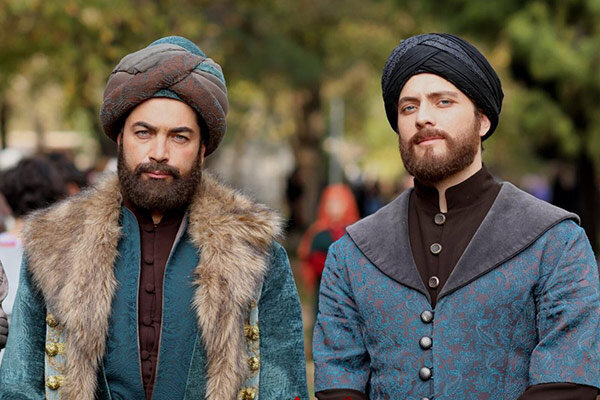
Celebrated Iranian actors Parsa Piruzfar and Shahab Hosseini star as Rumi and Shams respectively while Turkish TV star Hande Erçel plays the role of Kimia, Rumi’s stepdaughter and Shams’ lover.
Turkish actors Ibrahim Çelikkol, Selma Ergeç, Boran Kuzum, Burak Tozkoparan, Bensu Soral, and Iranian actor Hesam Manzur are the other cast members
‘Intoxicated by Love’ was written by Fathi himself and his fellow Iranian writer Farhad Tohidi in consultation with Mohammad-Ali Movahhed, a top Iranian expert on Rumi.
Reported by Tohid Mahmoudpour
